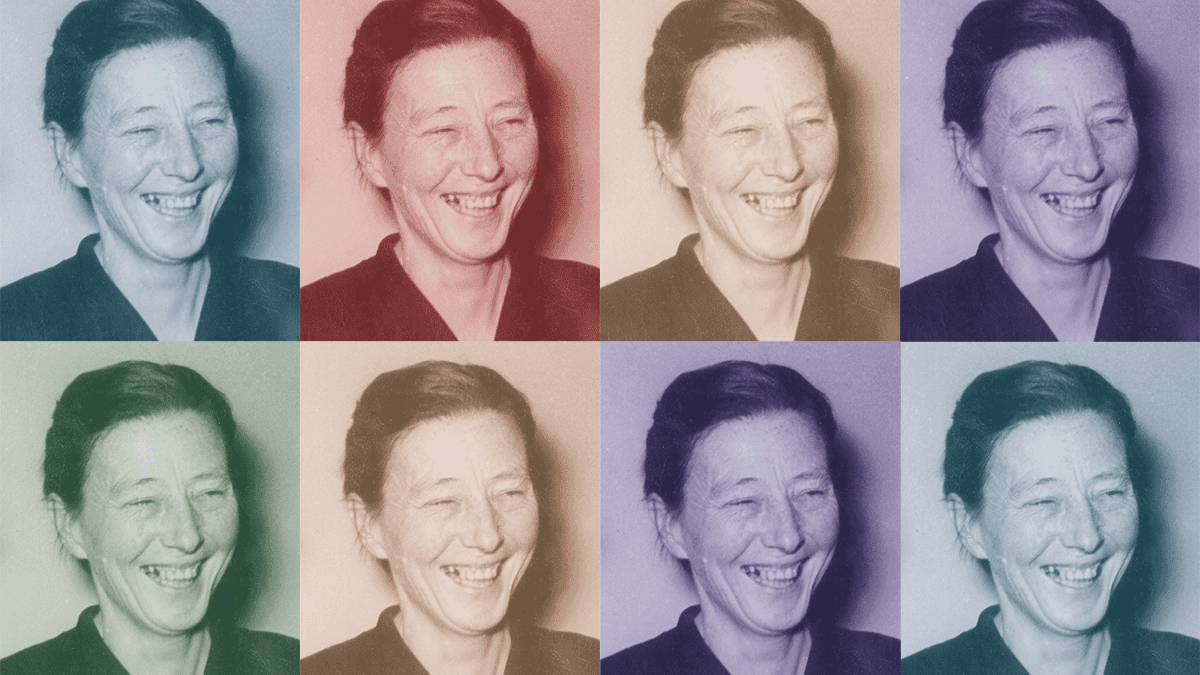Physicsworld
4w
196

Image Credit: Physicsworld
Grete Hermann: the quantum physicist who challenged Werner Heisenberg and John von Neumann
- Grete Hermann, a German mathematician and philosopher, rigorously addressed the philosophical questions raised by quantum theory during the early days of quantum mechanics.
- She challenged the notion of 'hidden variables' in quantum mechanics, contrary to John von Neumann's famous 'proof'.
- Hermann's work, focused on the philosophical implications of quantum mechanics, has been overlooked despite its significance.
- Her interest in both physics and philosophy led her to collaborate with prominent physicists like Heisenberg and von Weizsäcker.
- Hermann's 1935 paper critiqued von Neumann's proof and proposed an alternative view of causality within the interpretation of quantum mechanics.
- She demonstrated a deep understanding of key elements of the Copenhagen interpretation, including the uncertainty principle and quantum entanglement.
- Hermann's legacy extends to her post-war contributions in educating others and her involvement in rebuilding the German educational system.
- Her critical analysis and contributions to quantum mechanics, ethics in science, and societal goals make her an inspirational figure for scientists and philosophers.
- Hermann's achievements were brought to light posthumously, and her work continues to receive recognition and study, shedding light on her profound insights.
- As part of the 2025 International Year of Quantum Science and Technology, Hermann's role in challenging established notions in quantum physics is honored.
Read Full Article
11 Likes
For uninterrupted reading, download the app